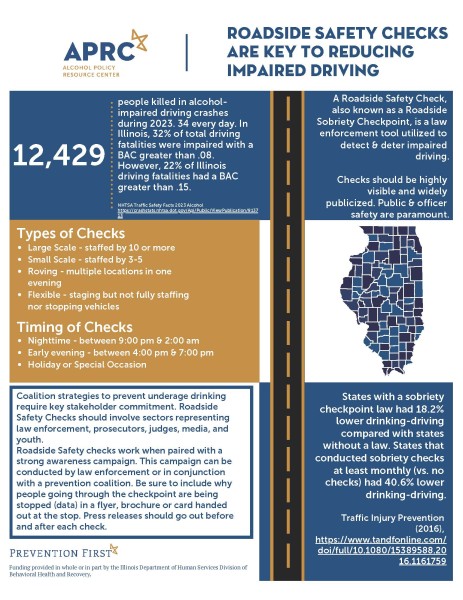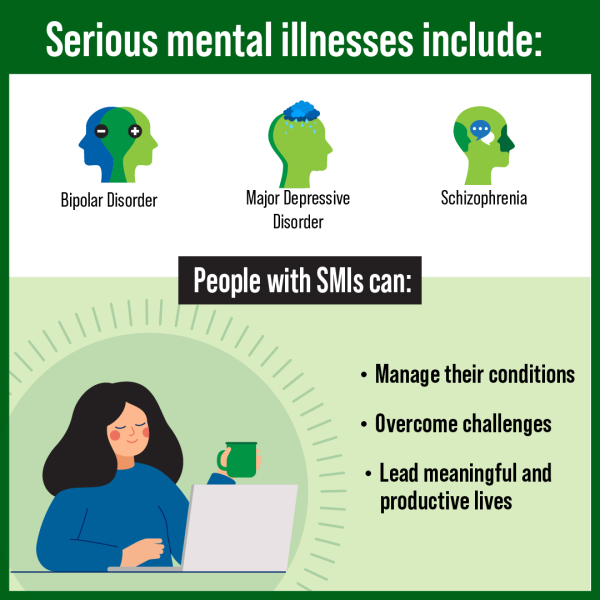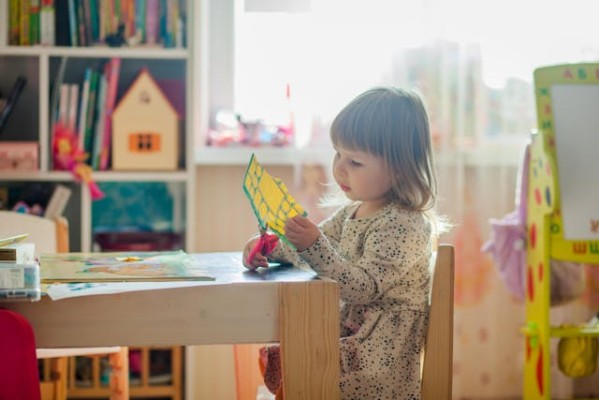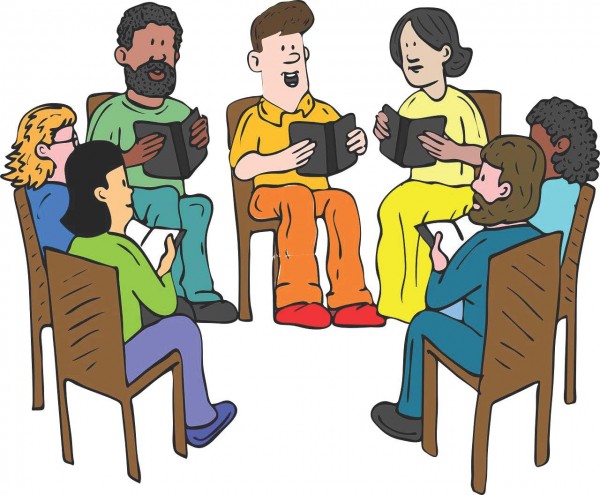Kids/Teen: Impact of Family Substance Misuse & Co-Occurring Issues
December
DUI Prevention
 December is National Impaired Driving Prevention Month. Roadside Safety Checks are an evidence-based law enforcement tool to detect and deter impaired driving. Partnered with a strong awareness campaign, these checks are effective at reducing drinking and driving. Prevention First shares information regarding the DUI issues.
December is National Impaired Driving Prevention Month. Roadside Safety Checks are an evidence-based law enforcement tool to detect and deter impaired driving. Partnered with a strong awareness campaign, these checks are effective at reducing drinking and driving. Prevention First shares information regarding the DUI issues.
Check out: Illinois DUI Factbook 2025
The highest percentage of drivers with BACs of .08% or higher is for drivers 21-24 years old and 25-35 years old (29%). — National Highway Traffic Safety Administration
November
 How to Help Your Teen Quit Vaping and Nicotine: Signs, Risks, and Proven Tools for Parents
How to Help Your Teen Quit Vaping and Nicotine: Signs, Risks, and Proven Tools for Parents
The Partnership to End Addiction offers information for teens and their parents regarding vaping. When teens use nicotine, it affects their developing brains in serious ways. It can:
- Make it harder to focus and learn
- Worsen anxiety and depression
- Increase stress
- Increase symptoms of Attention Deficit Hyperactivity Disorder (ADHD)
- Train the brain to crave more nicotine (and possibly other substances)
- Lead to addiction
Research shows that as little as 1/4th of a vape pod (5mg of nicotine) can lead to a nicotine addiction. Learn more about the risks of vaping.
May
SAMHSA shares key messages:
 Support, understanding, and access to care help people with SMI or SED—and their families—pursue recovery and live meaningful lives.
Support, understanding, and access to care help people with SMI or SED—and their families—pursue recovery and live meaningful lives.
- People younger than 18 who have mental health conditions that severely affect their ability to function in school, family, or within the community are described as having SED.
- Millions of people live with SMI or SED, but treatment and support can help them thrive.
- Early diagnosis and continuous support help people with SMI manage symptoms and live enjoyable, productive lives.
- People with conditions like bipolar disorder, schizophrenia, and major depression can benefit from personalized care that helps them navigate challenges.
- Coordinated care and strong community connections improve quality of life for people with SMI or SED. There is hope—many people with SMI are living, working, and flourishing in recovery.
For more info: 2025 Mental Health Awareness Month Toolkit | SAMHSA
 SHINE A LIGHT AROUND THE WORLD ON HIDDEN HURTS
SHINE A LIGHT AROUND THE WORLD ON HIDDEN HURTS
COA Awareness Week 2025 February 9 - 15th, 2025
COA Awareness Week honors the struggle of children around the world dealing with the disease of addiction in their families and empowers caring adults who want to help them. NACoA provides essential resources for this important week of advocacy to help understand this impact, to raise awareness in your communities, and help support children. Visit NACoA’s website to learn more and explore the event resources and educational resources that help communities support children and families impacted by SUDs all year long. During COA Awareness Week, we can work together to shine a light on hidden hurts so that kids and teens around the world can find hope and healing.
Social Media & Your Child’s Mental Health: What the Research Says
Social media plays an important role in the lives of many tweens and teens. More than one-third (35%) of 13- 17-year-olds reported using social media sites such as YouTube, TikTok, Instagram, Snapchat and Facebook "almost constantly" in 2022. And while many social media platforms set a minimum age of 13 to sign up, 38% of kids ages 8-12 say they have used social media.
All this media use can influence young people in a variety of ways. And with a reported rise in depression and anxiety among teens, you may wonder how social media may impact your child's mental health. Research suggests it depends on how they use it. Understanding potential connections between social media and mental health can help you guide your kids toward healthy social media habits.
Reminder!!
 Reminder from “One Day At a Time in Al-Anon”: There is no need for me to accept blame for another person’s irrational actions. I will deal with my own short-comings. If I do this honestly – following the Fourth to Tenth Steps – the change in me will be reflected in every person whose life touches mine.
Reminder from “One Day At a Time in Al-Anon”: There is no need for me to accept blame for another person’s irrational actions. I will deal with my own short-comings. If I do this honestly – following the Fourth to Tenth Steps – the change in me will be reflected in every person whose life touches mine.
